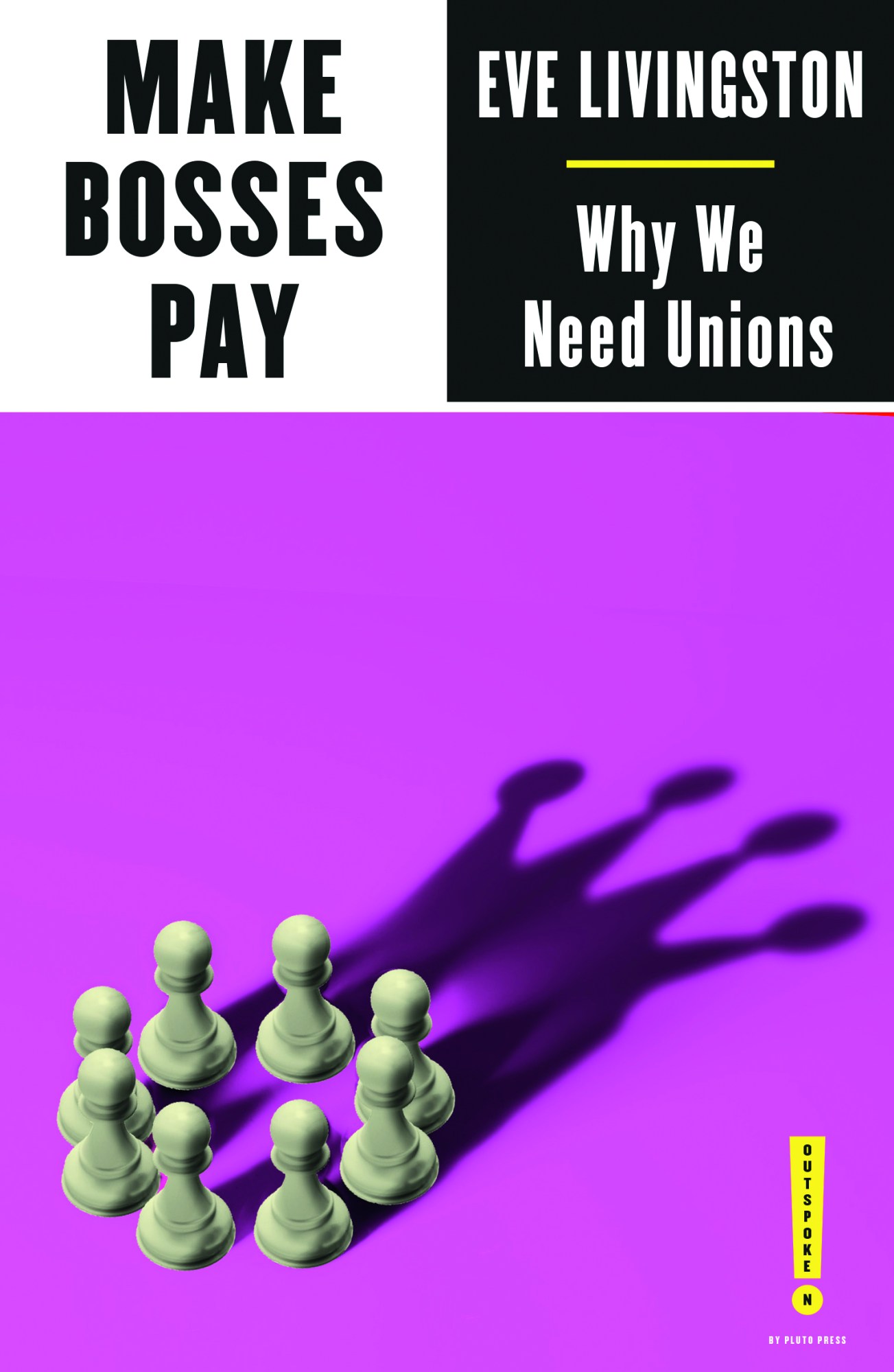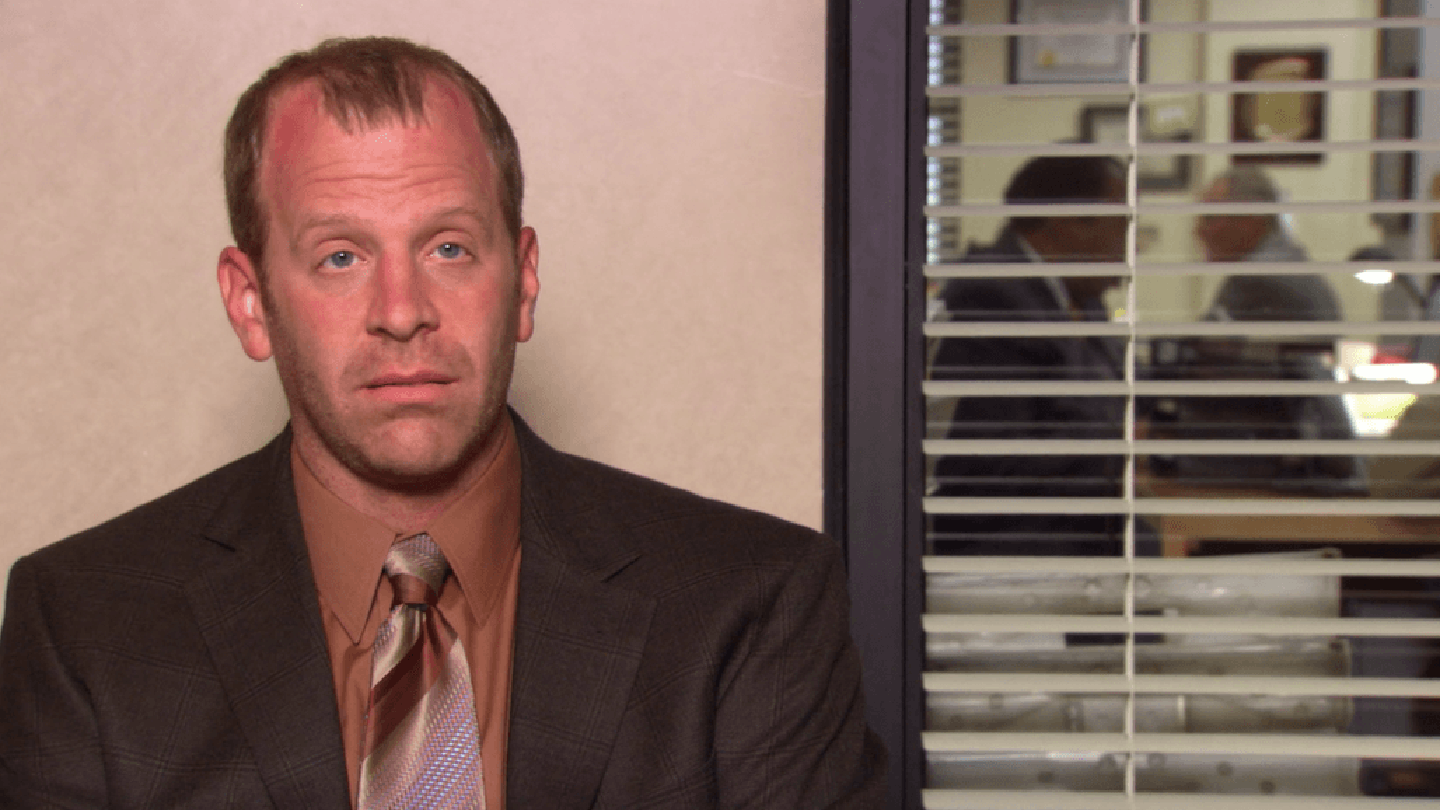The past year has thrown into focus that the nature of modern work needs to change. With many young people adjusting to WFH or forced to return to the office, reliant on the gig economy, furloughed by billionaire bosses or risking their health working through the height of the pandemic, it’s never been more important to have strong institutional protections for workers rights. Union membership has been dwindling for many years, with unions growing weaker simultaneously, but it seems that that’s finally beginning to change, particularly for younger workers. It’s the importance of those unions — and the need for traditional trade unions to modernise in time with their members — that is explored in Eve Livingston’s new book Make Bosses Pay: Why We Need Unions.
A call to arms for workers at the whim of apps, bad bosses and zero-hours contracts, Eve’s debut book speaks to academics, experts and grassroots organisers from TUC, UNISON, Acorn, IWGB and more. Eve explores how young workers are organising to demand fair workplaces, and reimagines what an inclusive union movement that represents us all might look like. Read an extract here:
*

I once worked for a third sector organisation where the director, who was active on national Fair Work task forces, said that he would feel he had failed as a boss if his workforce wanted to unionise. His majority-female workers, shunted constantly between different short-term contracts and in the face of low pay and endless restructures, did want to unionise, but to this day have not yet managed it. There was a staff committee, we were told. Raise it with the employee voice representative, we were told. You should feel like the management is approachable and amenable, we were told. These are just some of a litany of protestations unions and their members regularly face when trying to gain official recognition or raise a grievance. They may appear less hostile than overt union-busting activities or a slammed door in the face, but they can amount to something more insidious altogether – something I have come to term ‘corporate creep’.
Capital has always dictated the terms within which we discuss labour, but as the power of unions has waned and neoliberalism has accelerated, its actors have developed ever-more duplicitous and cynical means by which to do so. Corporate creep describes this; the process by which the spheres of workers’ rights are co-opted or undermined by employers, corporations and private individuals, almost always with vested interests in disempowering them. It can take many forms, as we’ll go on to see, but its ultimate outcome is always to make unions seem unnecessary, obscuring their unique position as independent and protected entities and thereby removing some of their power.
One of the most widespread and overt ways in which this occurs might be in the positioning of Human Resources (HR) departments. Anyone who has ever worked in a reasonably sized company will be familiar with the induction drill: here’s your locker; that’s your manager; if you have any problems just contact HR. Workers are consistently sold the idea that HR are their champions and guardians in the workplace, there to mediate conflict, ensure well-being and generally look after their staff. In actual fact, you only have to take a second glance at the name to understand that this is artifice. Far from the soft, people-focussed role HR has come to occupy in the public imagination, its purpose is to utilise the role of humans – workers – as resources in pursuit of an organisation’s wider strategic objectives. Insofar as keeping your staff happy makes sense for maintaining a productive and docile workforce, HR are our champions. But shorter hours, higher pay, more control? That’s not in the purview of a department with our employer’s interests at heart.

Melanie Simms, Professor of Work and Employment at the University of Glasgow, says this (mis)understanding of the role of HR is so pervasive as to occasionally surprise even those who begin training in it, believing it to be more akin to counselling or customer service than strategic planning and operations:
‘An HR discussion which was about “how can we make sure our employees aren’t annoyed by this strategic decision we’re making?” would be regarded as being an employee champion, rather than saying “we think all this profit should be redistributed in the form of pay,” for example,’ she explains. ‘Even the most “employee champion” oriented HR manager is not looking to overthrow capitalism, but to help the organisation get to where they want to go.’
This distinction gets to the heart of what is a common retort to unions and organising: the idea that there are bad bosses, yes, but there are good ones too. And while it’s true that there are nice people in management positions, with their own bills to pay and families to feed, it’s also undeniably true that they have more power than, and different objectives from, the workers underneath them. They also have orders to carry out from the bosses above them. People move around and through workplaces: managers leave, co-workers get promoted, teams get restructured. Faces change, but the power dynamic remains intact.
Who gets in the room?
There’s one reason why bosses love teamwork but hate unions: they know that collective action works. The former takes place on their terms while the latter fundamentally challenges those terms. Teamwork in the workplace gets an organisation closer to its aims while unionisation might be in direct conflict with them. Capitalism demands of us that we live, work and act as increasingly atomised individuals, solitarily navigating an ever more complex society and labour market in which our bosses have ultimate control. Team building does not by definition undermine that control, but unionising does.
Initiatives such as Employee Voice Committees similarly take place on an employer’s terms. Ostensibly a space where workers can advance their interests, they are generally initiated and have their frameworks dictated by managers or HR departments, with no promise of confidentiality or discretion. They also have little power, with bosses under no obligation to do more than pay lip service to the suggestions coming out of such meetings. On executive boards, where power is concentrated, workers have little voice. The labour movement has long lobbied for reserved spaces for workers on boards, a move which would be very welcome – but which still offers little challenge to the fundamental power imbalance. Without a strong union, a worker on a board is vulnerable to being railroaded against their interests, with an employer able to point to their inclusion as a way of legitimising decisions of all kinds. And why, a particularly cynical boss might say, should the organisation recognise a union when David from Accounts has a seat on the board?
Likewise, workers often get a place at the table through membership of professional associations – the Chartered Institute of Public Relations or the Institute of Directors, for example – rather than unions. These quasi-unions similarly stake a claim to advancing the collective voice of a workforce but similarly do so on the employer’s terms. Much like HR, these associations often seek to promote the reputation of a profession or to ensure harmony between workers and bosses to the benefit of a brand. Many take laudable positions on workplace issues and work productively alongside unions where these interests intersect, but they should not be understood as a viable alternative. Like HR and employee voice committees, these associations get in the room by being actors of capitalism instead of opponents to it.
‘Make Bosses Pay: Why We Need Trade Unions’ by Eve Livingston is available 20 September from Pluto.


